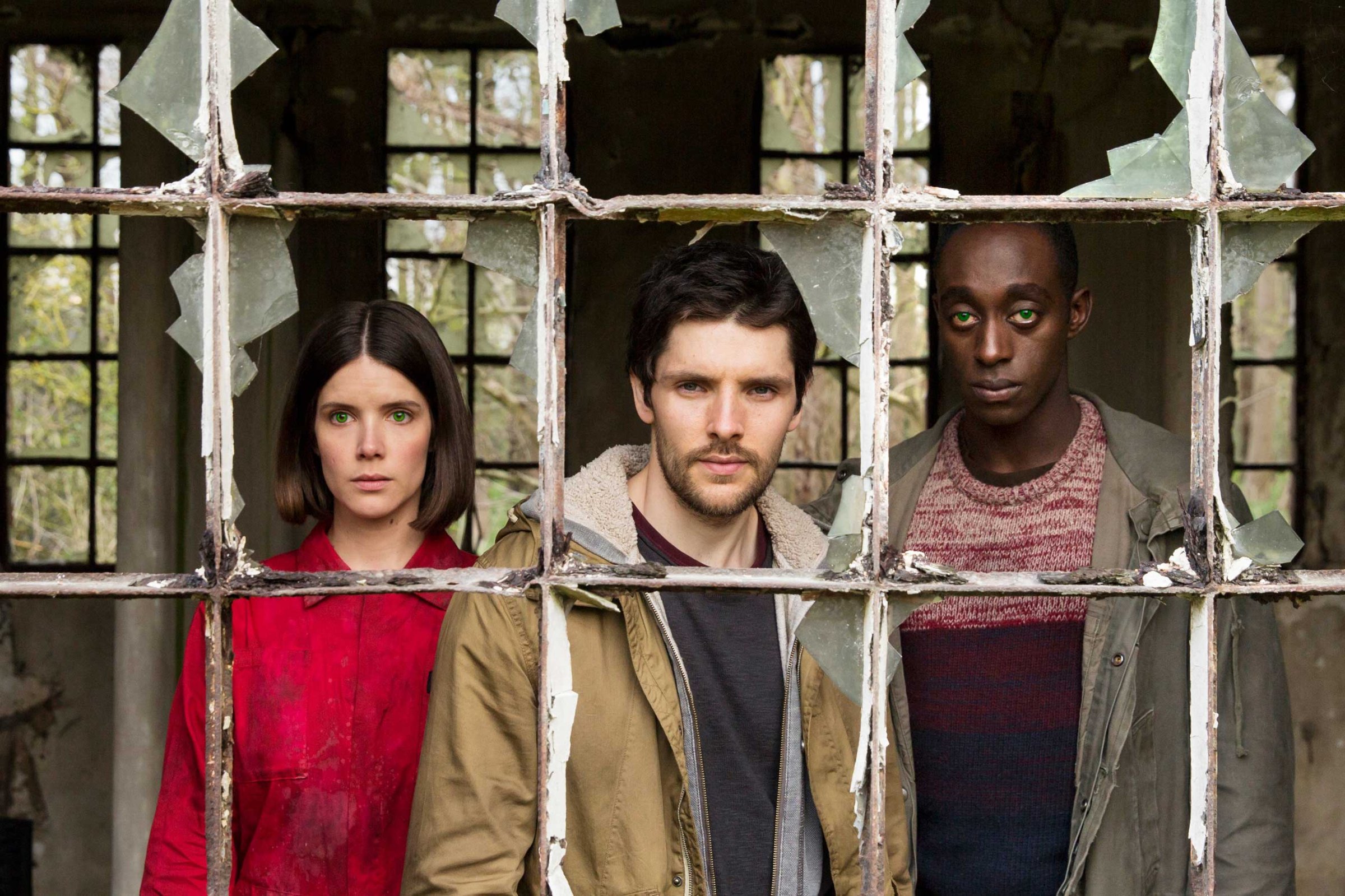
How does one empathize with robots? Sure, they can engender affection (The Jetsons‘ Rosie and Star Wars‘ C-3PO came preprogrammed with a sense of humor) or lust (Jude Law in A.I. and Alicia Vikander in Ex Machina were designed to please). But what about higher-order emotions like love and compassion? In the near future, what exactly would humans owe androids incapable of feelings but programmed to simulate them nonetheless?
This is the question that haunts Humans. The AMC drama, now in its second season, depicts a society close to our own, except in its addiction to “synths.” These humanoid household bots do the chores, tend to the children and–if their owners enter in special coding–accommodate adults’ prurient needs too.
Humans lacks the sophistication of Westworld on HBO. But both shows depict artificial intelligence becoming sentient, leading to human-vs.-robot revolution. Though it is more averse to shock and awe, Humans doesn’t shy away from the ethically challenging possibilities of its premise or from presenting them in a context–like day-to-day family life–that is closer to home than Westworld’s depraved theme park.
Midway through the first season, for example, synth Mia (Gemma Chan) is effectively forced into sex by her male owner. He and his wife later find themselves in therapy conducted by another synth programmed to mediate family disputes. These are characters using technology to try to solve a problem enabled by technology. Even if advanced artificial intelligence is still a fiction, this may resonate with viewers who, say, use meditation apps on their iPhones to attempt to disconnect.
Darker yet is the second-season story of Hester (Sonya Cassidy), a poorly treated android factory worker. When she develops consciousness, she becomes a robot supremacist, with her vehemence growing throughout the season. “Human lives have no inherent value,” she eventually declares. “It just felt that way to you because there was no competing intelligence to offer an alternative view.”
She looks and expresses herself like a human and yet was treated as an object and a servant. Maybe it should be no surprise she became a radical.
Humans airs Mondays at 10 p.m. E.T. on AMC
More Must-Reads From TIME
- The 100 Most Influential People of 2024
- Coco Gauff Is Playing for Herself Now
- Scenes From Pro-Palestinian Encampments Across U.S. Universities
- 6 Compliments That Land Every Time
- If You're Dating Right Now , You're Brave: Column
- The AI That Could Heal a Divided Internet
- Fallout Is a Brilliant Model for the Future of Video Game Adaptations
- Want Weekly Recs on What to Watch, Read, and More? Sign Up for Worth Your Time
Contact us at letters@time.com